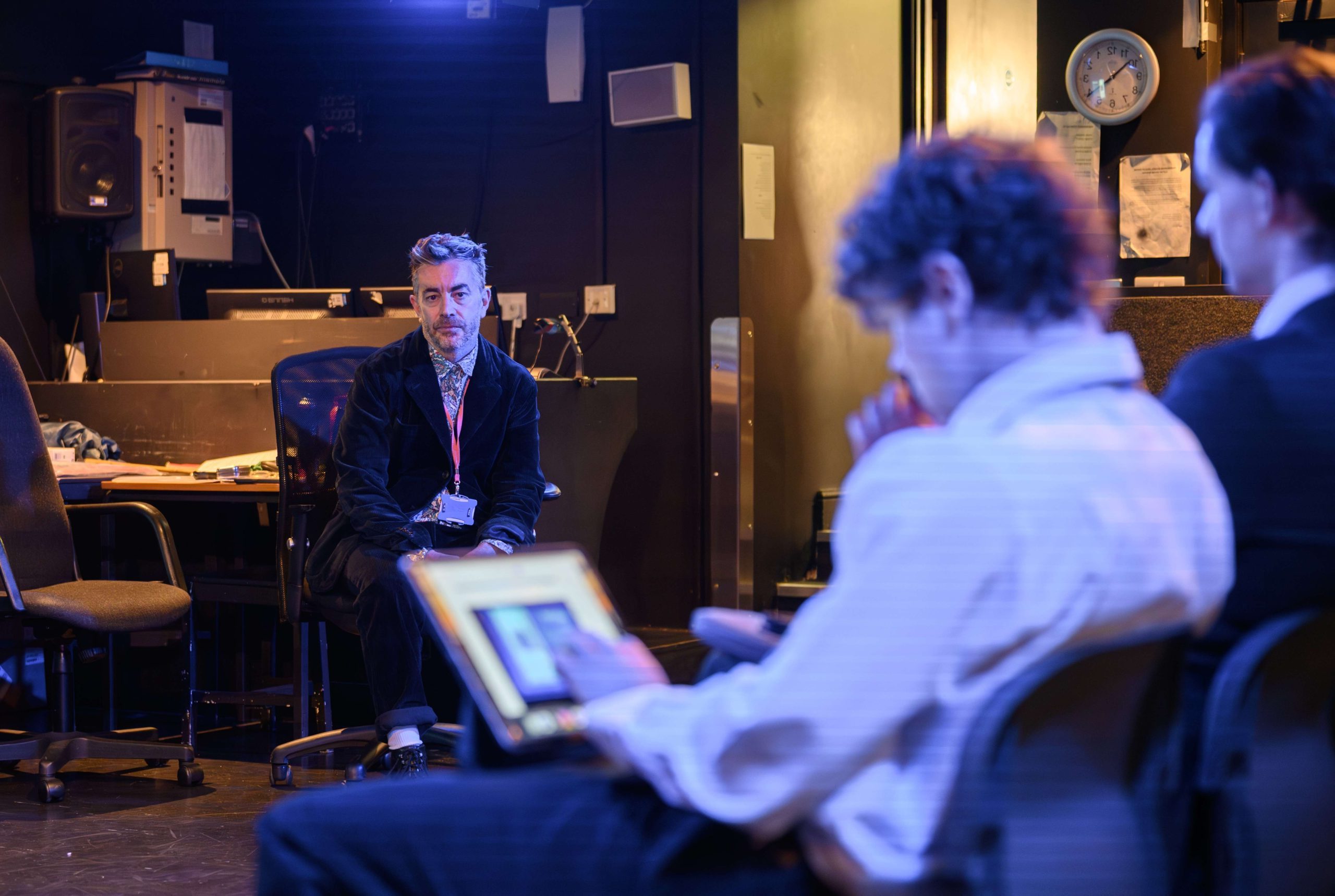We begin Fifth Form (Year 9) Drama, with some basic questions: what is Drama; what can it do? Why is theatre so important? How can it benefit them, and what skills does one need to be effective in it? These questions are ongoing and encourage pupils to respect the craft and consider the position of Drama in society.
During their first term, pupils are introduced to various theatrical skills including: storytelling, illusionary mime and character work. These skills in movement, voice and character encourage them to present their ideas theatrically and thoughtfully. Pupils evaluate the effectiveness of their own work and that of others, showing a heightened awareness of what is being communicated either intentionally or not. A highlight of the term is the Elizabethan Festival, a week in which pupils rehearse a piece of Shakespeare with a professional director and perform to an audience on the final night. These performances have proved a terrific experience for pupils, boosting their confidence, teamwork and performance skills. During the remainder of the year, pupils are introduced to elements of the GCSE specification, including text work and devising their own piece.
Pupils who choose to take Drama GCSE build a practical understanding of drama over the period of the course, and apply this knowledge to their performances. GCSE Drama pupils can elect to be a performer or to take on the role of a designer in lighting, sound, set or costume. The AQA GCSE has three modules: Understanding Drama (40%), Devising Drama (40%) and Texts in Practice (20%). In these modules pupils study one set play: they develop ideas of how they would approach it in a realisation for the stage, in a live performance as an actor, a director, or a designer. They also write an evaluation of a piece of live theatre. These written elements of the course constitute the written exam. Pupils also create a piece of devised Drama for an audience, accompanied by a written portfolio in which they analyse how their piece has grown and developed throughout the process. At the end of the course, they will perform two extracts from a published play to a visiting examiner and an audience.

